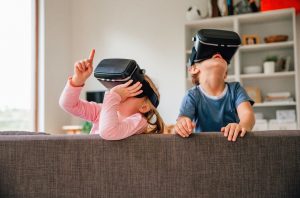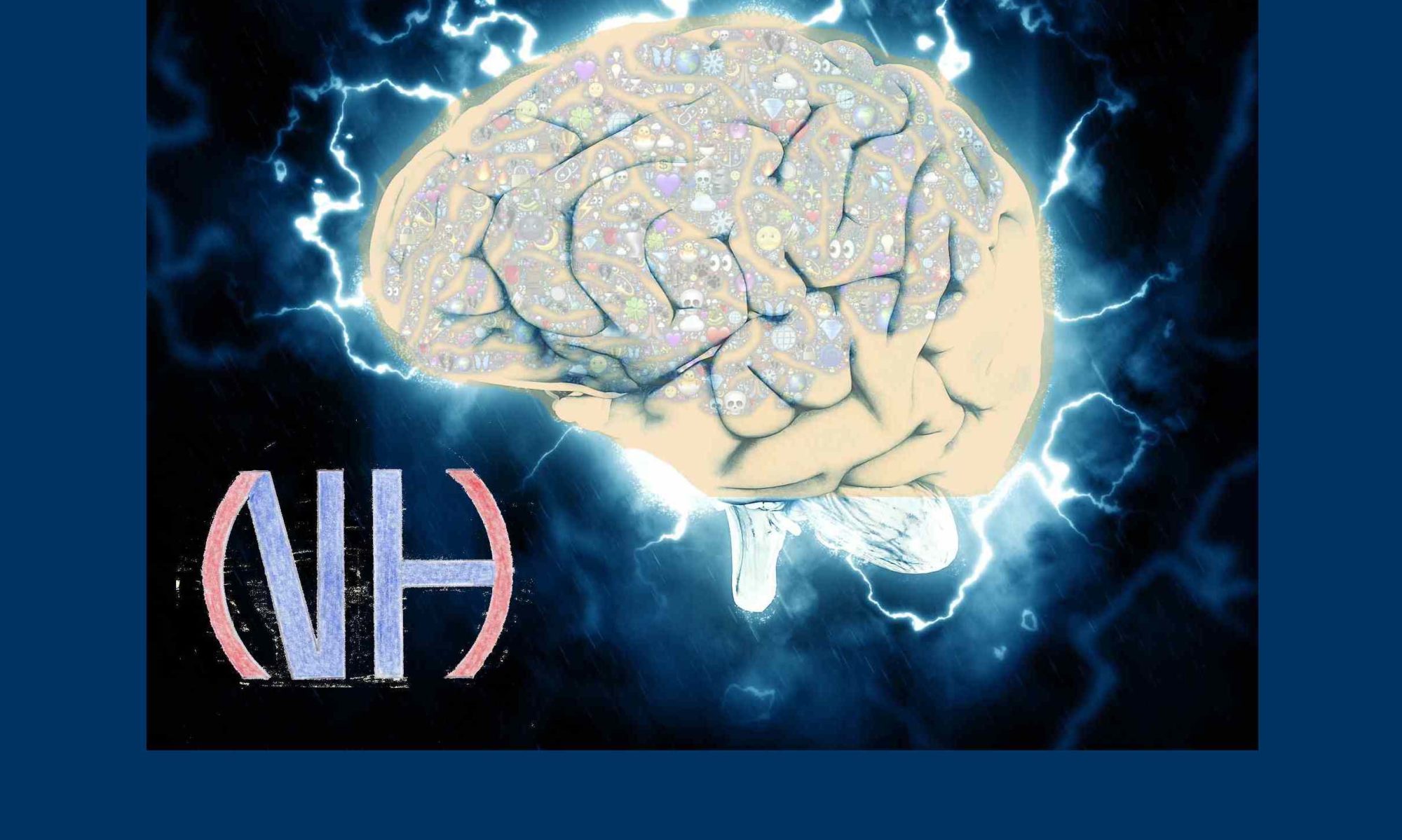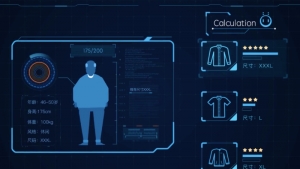
Fears, addictions, confinement, insomnias, diseases: the risks connected to the digital technology are to be seriously taken. The young people are affected by new mental illnesses or described as such. The list is long and does not stop lengthening. The young people found in the digital technology a refuge in front of their ill-being, but it finally seems to aggravate their solitude.
So, in 2015, a new syndrome was born: Fobo (for Fear Of Being Offline). This one is characterized by the fear of being disconnected. Since then, the list stretches out and after the syndrome of the ghost vibrations and the “nomophobia”, which is translated by the anxiety to be separated from its mobile phone, the selfitism has just been described as a mental illness.
The next one on the list of the World Health Organization: the addiction in the video games. Then, why the WHO made such a decision? The answer is maybe near pharmaceutical companies. Indeed, qualifying the disorders of the video game as a disease involves that the people recognized as sick will get a medicinal prescription (to pay!). Yet, labs think they finalized of “the molecules specially targeted at the adolescent depressions with compulsive behavior”, which is obviously the case at the players.
The problem? According to Emilie Danchin, ” give medicine to young people who have a narcissistic fragility entail a risk of making them hooked to medicine. It is necessary to begin with questioning the practice and wondering what makes that we have a dependent personality “.
Read full article in French on “alternativesante”.


 and 2 other news we found for you.
and 2 other news we found for you.